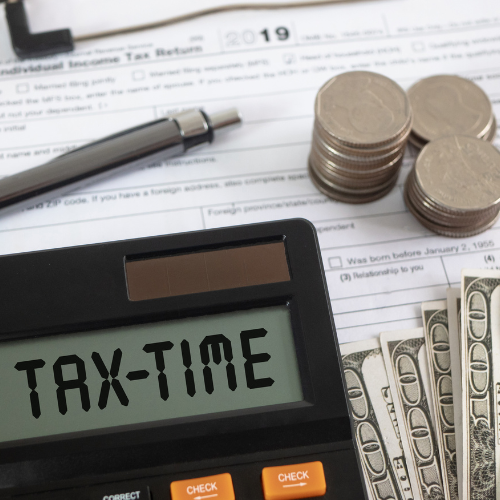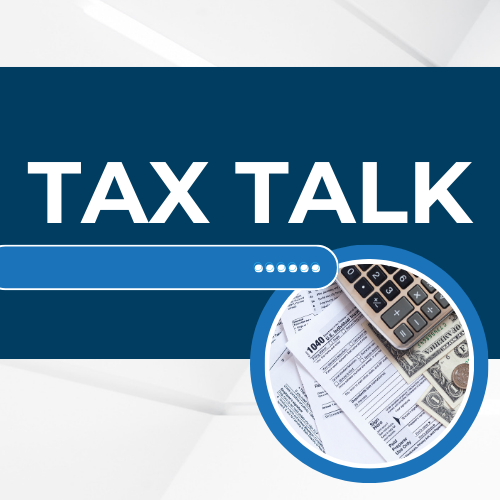Vacation Rentals and Taxes
Navigating the Tax Landscape of Short-Term Vacation Rentals

The rise of short-term vacation rentals has transformed the travel and hospitality industry. The internet, gig-economy, and apps have made it easier than every to rent out your second homes, cabins, family cottages, and even sailboats as vacation rentals. It's essential for property owners to understand the tax implications associated with this booming market. In this blog post, we'll delve into the world of short-term vacation rental taxation, exploring the key considerations and obligations that hosts should be aware of to stay compliant and make the most of their investment.
Rental Income and Reporting: When you rent out your property on platforms like Airbnb, VRBO, or Booking.com, the rental income generated is subject to taxation. In most jurisdictions, this income is considered taxable and must be reported on your tax return. It's crucial to maintain accurate records of your rental income, including all payments received from guests, as well as any fees charged by the platform. Some platforms even provide detailed reports for hosts to simplify the process. Be sure to consult with a tax professional to understand your reporting obligations and any local or regional tax requirements.
Deductible Expenses: One advantage of operating a short-term vacation rental is the ability to deduct certain expenses associated with the property. These may include mortgage interest, property taxes, insurance, maintenance costs, utilities, and marketing expenses. However, it's crucial to distinguish between personal and rental use expenses, as only the latter are deductible. Keeping detailed records of your expenses is vital to substantiate your deductions and minimize your tax liability. Consult with a tax professional to ensure you maximize your eligible deductions while adhering to the specific rules and limitations in your jurisdiction.
While engaging in the short-term vacation rental market can be a lucrative endeavor, hosts must be well-versed in the tax obligations and considerations that come with it. From reporting rental income to collecting and remitting transient occupancy taxes and maximizing deductible expenses, understanding and complying with the tax requirements is essential for success in this evolving industry. Seek guidance from a tax professional to navigate the complexities and ensure compliance with local regulations.
Quick Links
Contact Information
Business Hours
- Mon - Fri
- -
- Sat - Sun
- Closed















